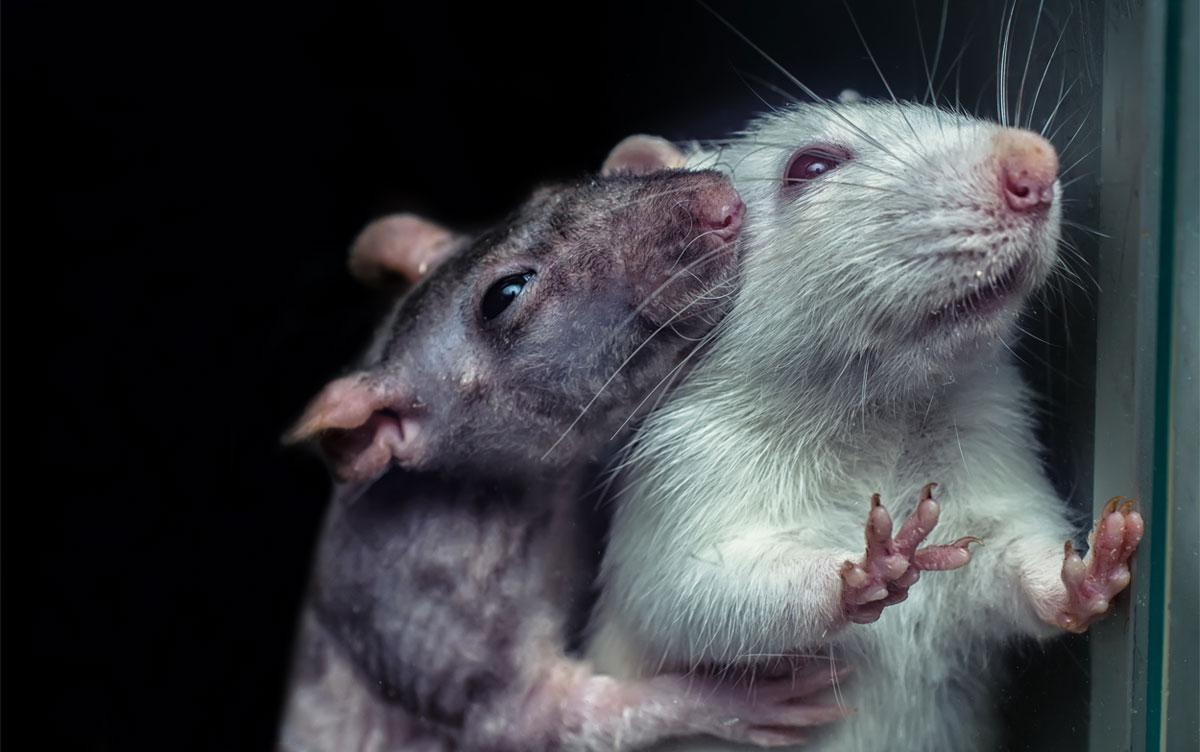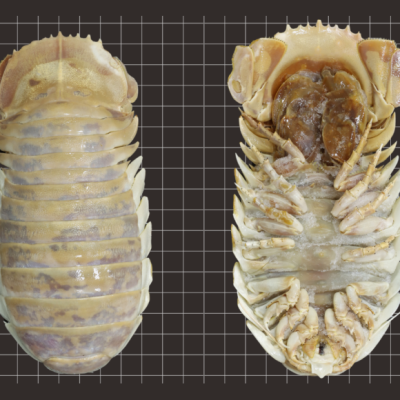A shared genetic blueprint dictates the number of sexual partners across diverse animal species, as evolution employs a universal genetic approach to transform polygamous behaviors into monogamous ones.
Monogamy, a relatively rare occurrence in the animal kingdom, has been identified as a shared trait among certain species, including birds, amphibians, and fish. Remarkably, despite diverging genetically 450 million years ago, several monogamous species exhibit similar brain activity in 24 specific genes. This genetic strategy, employed by evolution, has shaped monogamous behaviour in species like the California mouse, prairie vole, water quail, poison dart frog, and cichlid fish, all of which share a common genetic foundation. Intriguingly, their closest relatives remain polygamous.
A study featured in the “Proceedings of the National Academy of Sciences” in January 2019 revealed that genes associated with neuron formation, intercellular signals, learning, memory, and cognitive function exhibit heightened activity in monogamous males compared to their polygamous counterparts. While monogamy offers benefits such as enhanced offspring care, it also comes with drawbacks. As Professor Hans Hoffmann, lead author of the study from the University of Texas at Austin (USA), points out, “They (partners) can deprive you of food, they can take away your shelter, make you sick with their own microbes, or harm you.”










